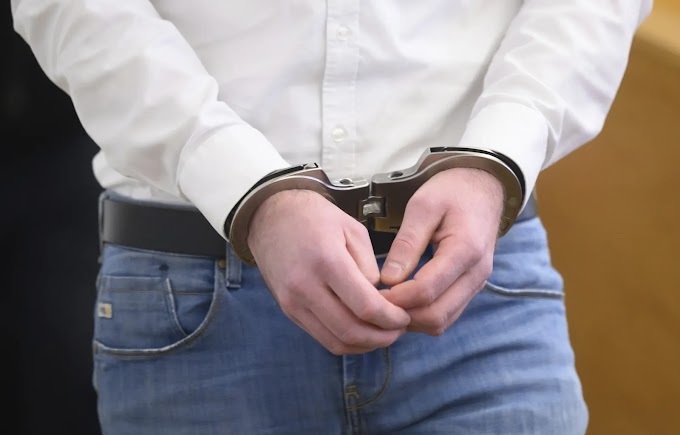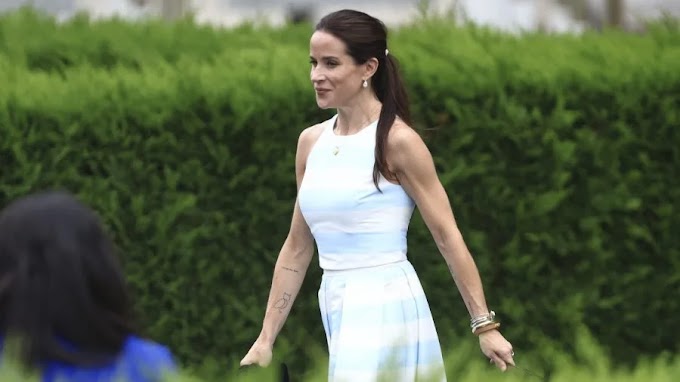Trump Administration’s Response
The latest developments surrounding the Jan. 6 committee’s investigation into the events leading up to the Capitol riot shed new light on the Trump administration’s response and the subsequent efforts to uncover the truth.
Allegations Against Mark Meadows
The revelation that then-White House Chief of Staff Mark Meadows allegedly urged D.C. Mayor Muriel Bowser to request as much National Guard protection as needed raises questions about the administration’s actions in the days leading up to Jan. 6. According to a transcript released by Rep. Barry Loudermilk, Meadows reportedly discussed the possibility of deploying up to 10,000 National Guard troops to Washington, D.C., emphasizing the need for adequate security measures amid concerns about potential clashes between opposing groups.
Response to National Guard Request
However, Mayor Bowser ultimately requested only a fraction of the National Guard troops that were discussed, opting for just over 300 members. This decision, coupled with reported delays in deploying additional assistance, has raised concerns about the adequacy of the security response on Jan. 6.
Handling of Testimony and Evidence
The committee’s handling of testimony and evidence has also come under scrutiny, with accusations of suppression and selective reporting. The release of transcripts detailing discussions within the Trump administration adds new layers to the ongoing investigation and underscores the complexities surrounding the events of Jan. 6.
Liz Cheney’s Alleged Pressure Campaign
Furthermore, the alleged pressure campaign orchestrated by Rep. Liz Cheney to prevent the deployment of military resources on Jan. 6 has sparked controversy and debate. While some argue that Cheney’s actions were necessary to maintain civilian control over the military, others view them as obstructionist and politically motivated.
The revelation of Rep. Liz Cheney’s alleged pressure campaign to prevent the deployment of military resources on Jan. 6 has ignited a firestorm of controversy and debate. Cheney, a vocal critic of former President Trump and a key figure in the Jan. 6 committee’s investigation, has come under intense scrutiny for her role in shaping the events leading up to the Capitol riot.
Cheney’s purported efforts to thwart the deployment of military resources raise questions about the balance of power between civilian leadership and the military. While some argue that Cheney’s actions were necessary to maintain civilian control over the military and prevent an overreach of executive authority, others view them as obstructionist and politically motivated.
Continuing Challenges
The ongoing revelations from the Jan. 6 committee underscore the formidable obstacles in conducting a comprehensive and unbiased investigation into the events surrounding the Capitol riot. The committee’s efforts are unfolding against a backdrop of intense partisan division and divergent interpretations of the events, making it increasingly challenging to separate fact from fiction.
Despite these challenges, the committee persists in its mission to unravel the truth behind the events of Jan. 6. However, the path forward is fraught with obstacles, including resistance from key figures and attempts to undermine the credibility of the investigation. The committee faces pressure from both sides of the political spectrum, with each seeking to shape the narrative to align with their respective agendas.
As the investigation progresses, it becomes increasingly evident that uncovering the truth requires navigating a complex web of testimonies, evidence, and political maneuvering. The committee must remain steadfast in its commitment to impartiality and transparency, prioritizing the pursuit of justice over partisan interests.
Conclusion
The ongoing investigation led by the Jan. 6 committee into the events surrounding the Capitol riot continues to unveil new revelations about the Trump administration’s response and the subsequent efforts to uncover the truth. With allegations against key figures like Mark Meadows and questions about the handling of National Guard requests, the investigation highlights the complexities and challenges involved in understanding the events of that fateful day. Despite partisan tensions and accusations of suppression, the committee’s pursuit of accountability and transparency remains crucial in shedding light on one of the darkest chapters in recent American history. As the investigation progresses, the quest for justice and a comprehensive understanding of Jan. 6 remains a priority, emphasizing the importance of impartiality and thoroughness in uncovering the truth.





